Expert guide
UAB Experts Guide for journalists
This guide contains a list of researchers from different areas of knowledge who put their expertise at the disposal of the media. If you need help in finding an expert for a specific subject or contacting with one of the members of our lecturing staff, please contact our Communication Unit by phone at (+34) 935868228 or by e-mail.
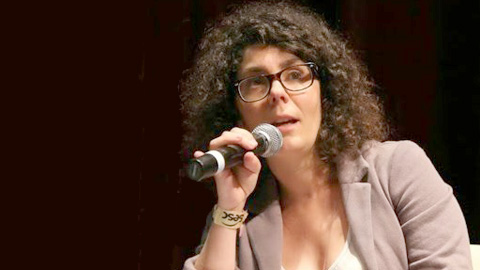
Cristina Correro Iglesias
Specialist in children's literature (0-8 years) in paper and digital. She teaches children's literature in the Degree in Early Childhood Education and in the online Master's Degree in Books and Children's and Young People's Literature. She has been involved in several international and national research projects as well as in the development of MOOCs and online training in her field of research.
Keywords: children's literature, children's publishing, children's books, online education, MOOC, internationalization, literary education, teacher's training education, early childhood education
Department of Language and Literature Education and Social Science Education
Didactics of Language and Literature
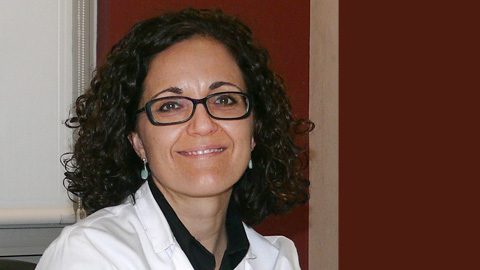
Raquel Corripio Collado
Physician Consultant Coordinator of the Unitat d'Endocrinologia Pediàtrica del Parc Tauli, Hospital Universitari a Sabadell. Attending from 2001. Licentiate in Medicine and Surgery from the University of Barcelona in 1996. Residency of Pediatrics in Vall d'Hebron University Hospital of Barcelona (1997-2001). Master in Endocrinology I Nutrition Pediatrics in Children's Hospital Vall d'Hebron (2001-2003). Membre numerari of the SEEP since 2005 i of the ESPE of 2010.
Keywords: pediatrics, endocrinologyst, Prader-Willi, puberty, diabetes
Department of Pediatrics, Obstetrics and Gynaecology and Preventive Medicine and Public Health
Paediatrics

Oriol Cremades Chueca
Expert on labour law. His main lines of research include: i) groups of companies and networks of companies —especially franchising— and labour law; ii) the concept and powers of the employer; iii) digital labour law —especially the labour impact of the use of personal mobile devices for work, teleworking and hybrid work, digital disconnection, artificial intelligence and its impact on individual and collective labour law; iv) animal protection and welfare —especially companion animals— and labour law; and v) the effectiveness, efficaciousness and efficiency of labour law.
Keywords: labor law; groups of companies; business networks; powers of the employer; telework; hybrid work; digital disconnection; artificial intelligence; welfare of companion animals
Department of Public Law and Legal History Studies
Labour and Social Security Law
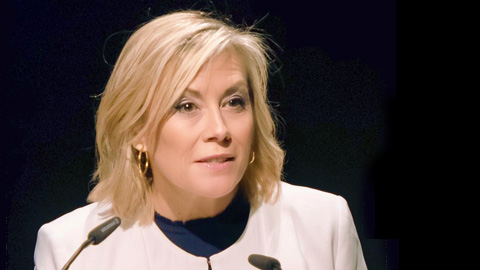
Carmina Crusafon Baqués
She is a researcher on the digital media ecosystem and media policies in the European Union and Ibero-America. Her interest focuses on how digital technology is transforming media companies and their business models, as well the best practices in journalistic innovation.
Keywords: digital media, media systems, media policy, audiovisual, technology, journalistic innovation, creative Europe, Internet, EU media policies, Ibero-America
Department of Journalism and Communications Studies
Journalism
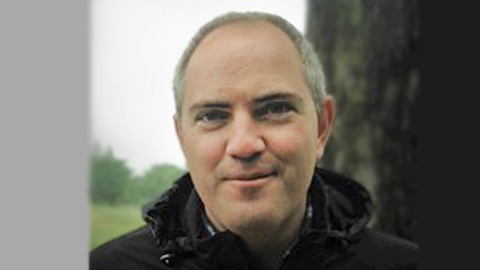
Dídac Cubeiro Rodríguez
He focuses on global transportation history after the advent of steam-powered ships, railways and port and harbor improvements that transformed the world, a process seen in the development of Manila and other ports in the Southeast Asia. Cubeiro's examination of the Spanish Empire's attempts to modernize the infrastructure in the Philippines to accommodate the newest demonstrates the global reach of new technology and the associated transnational flow of capital investments necessary to support them.
Keywords: railways, ports, telegraph, Philippines, Asia
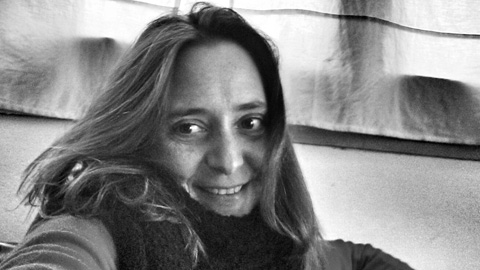
Jenny Cubells Serra
Responsible for the Social Studies Research Group on Gender, Power and Subjectivity GIPIS. His research focuses on gender inequalities in the legal field (gender violence and imprisoned women) and in the prevention of gender violence (love and violence). He teaches at the Degrees of Psychology and Criminology, the Master's Degree in Psychosocial Research and Intervention MIIPS, and the MUPGS General Health Psychology Master's Degree. Expert in qualitative methodology (ethnography, discourse analysis) and performative methodologies.
Keywords: Gender Violence, sex-affective relationships, withdrawal, imprisonment, women and prison, recidivism, qualitative methodology, discourse analysis, performative methodologies, feminisms
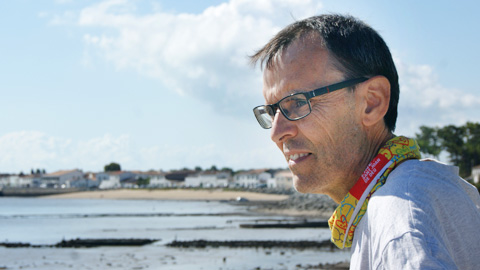
Xavier Cussó Segura
He develops two complementary lines of research. The first focuses on the history of food, and in particular the theoretical and empirical analysis of the Mediterranean diet, and the great changes experienced in the context of the nutrition transition model during the last two centuries in Catalonia and Spain. It has recently been extended to developing countries and the analysis of Food Sovereignty. The second line, from the perspective of the ecological economics, analyzes and compares from 19th to 21st centuries, energy and nutrient balances, the evolution of social metabolism, agrarian systems and their sustainability, landscape and social inequalities in rural societies.
Keywords: world economic history, mediterranean diet, standard of living, agrarian systems, sustainability, energy and nutrient balances, nutrition transition, food sovereignty, agrarian history
Department of Economics and Economic History
History and Economic Institutions
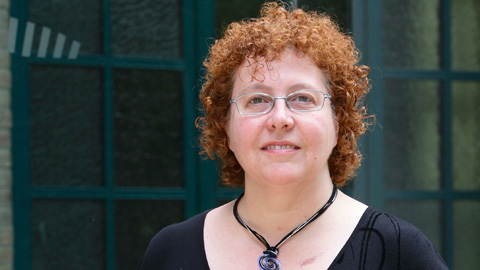
Pilar Dellunde Clavé
Pilar Dellunde is expert in logics for artificial intelligence and in the study of reasoning mechanisms for artificial intelligence agents, from an ethical and cognitive sciences perspective. She researches the use of non-classical logics, especially fuzzy logics, to represent knowledge. One of the main objectives of her research is to place humans in control of technologies which provide support to their interactions in social networks and make their participation in these communities possible.
Keywords: logic, artificial intelligence, ethics, cognitive sciences, social networks, participation
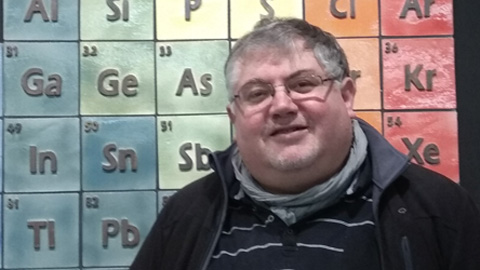
Manel del Valle Zafra
He is a member of the Sensors and Biosensors group of the Autonomous University of Barcelona, where he directs lines of research on biosensors that use electrochemical impedance transducers (genosensors and aptamers) and electronic tongues (with potentiometric and voltammetric sensors). The latter are a paradigm in chemical detection, by involving the use of sensor arrays with cross-sensitivity features and concepts of machine learning. These ideas demonstrate the convergence of technologies (nanotechnology, biotechnology and artificial intelligence): nanotechnology and big-data elements are incorporated into the development of biosensors and bioelectronic tongues.
Keywords: analytical chemistry, nanobiotechnology, chemical instrumentation, sensors, biosensors, electrochemical impedance spectroscopy, genosensors, aptasensors, electronic tongues
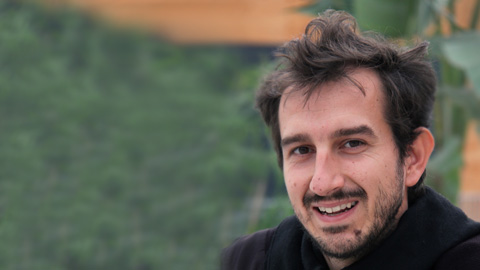
Federico Demaria
He is an interdisciplinary environmental scientist working on ecological economics and political ecology. Currently, he is the deputy coordinator of the ERC research project EnvJustice, and a board member of the European Society for Ecological Economics. He has given many talks and presentations at scientific conferences, including at the House of Commons, Oxford University and the European Commission.
Keywords: ecological economics, political ecology, planned obsolescence, waste, india, developing countries, well being, economic growth, sustainability, sustainable development, degrowth, environmental justice
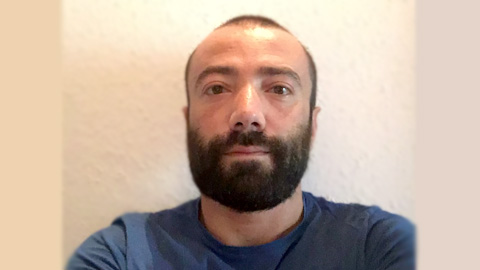
Alessandro Demurtas
He is an expert in International Relations, security studies and policies, Islamist terrorism and European integration.
Keywords: terrorism, fundamentalism, islamism, security, European Union
Department of Public Law and Legal History Studies
Public international law and international relationships
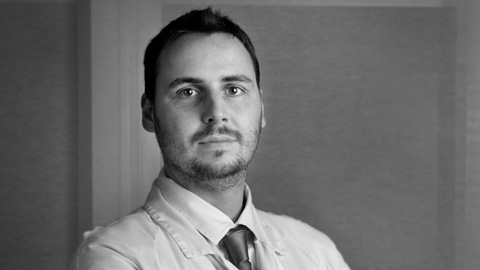
Cristian de Quintana Schmidt
Expert in neurosurgery andt echnological innovations to diagnosis and treatment of brain injuries, spine and peripheral nerve. Brain: experience in complex brain tumors. Spine: domain of minimally invasive techniques. Peripheral nerve: use of non-invasive techniques.
Keywords: neurosurgery, technology, brain tumor, spine, herniated disc, hydrocephalus, head injury, cerebral hematoma, stroke, low back pain, cervicalgia, brain stimulation